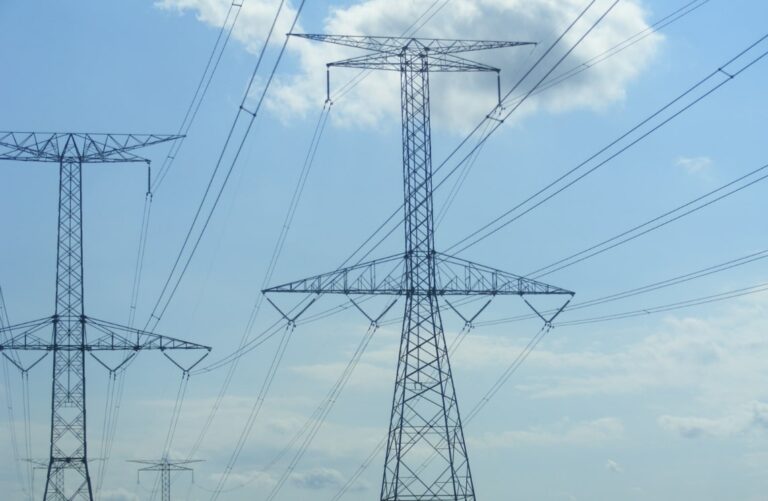
Figures from US research firm Rystad Energy suggest that the world will need to invest US$3.1 trillion into electricity grid infrastructure before 2030, if the world is to limit global warming to 1.8 degrees Celsius by 2050.
This investment would dramatically expand the world’s electricity grids, adding 18 million kilometres of grid connections, and requiring the use of close to 30 million tonnes of copper. The clean energy transition is increasingly facing a challenge when it comes to grid capacity, as the rapid construction of new renewable power plants often exceeds grids’ capacity to take power from these projects.
Unlock unlimited access for 12 whole months of distinctive global analysis
Photovoltaics International is now included.
- Regular insight and analysis of the industry’s biggest developments
- In-depth interviews with the industry’s leading figures
- Unlimited digital access to the PV Tech Power journal catalogue
- Unlimited digital access to the Photovoltaics International journal catalogue
- Access to more than 1,000 technical papers
- Discounts on Solar Media’s portfolio of events, in-person and virtual
Last year, think tank Ember noted that, in Europe alone, grid connectivity will need to double over the next 15 years in order to reach the continent’s climate change goals, and analysts at Rystad agree with this assessment.
“Mature grids have enabled the rapid expansion in solar and wind capacity seen in recent years, but many national grids are now near or at the point where further connections cannot be made without upgrading or expanding them,” said Edvard Christoffersen, a senior analyst at Rystad. “Annual investment levels must increase if the current trend of renewable energy buildout is to continue.”
The need for more effective grid connections in the solar sector in particular has already encouraged solar developers to change their behaviour. Last year, Cero Generation and Enso Energy connected the UK’s first solar farm to the country’s high voltage transmission network, rather than a local distribution network, and this week, the Romanian government published a draft order that would enable solar projects with a capacity greater than 1MW to participate in an auction-based system to compete for grid connections.
Meanwhile, in the US, figures from the Federal Energy Regulatory Commission (FERC) noted that, by the end of 2022, there was around 947GW of new solar generation capacity awaiting grid connection, highlighting the potential for new solar projects to be deprived of vital grid connections.
Rystad’s reporting suggests that solar projects, however, could help alleviate these issues, with decentralised projects, such as rooftop solar, offering homes and businesses the opportunity to receive solar power without the need for an expensive, or time-consuming, grid connection.
Research from the Karlsruhe Institute of Technology also notes that, in 2020, off-grid solar and battery energy storage systems (BESS) could have made more than half of Europe’s 41 million freestanding homes energy self-sufficient, and off-grid solar could be an important part of the world’s efforts to update its energy infrastructure.







